The Internet and the Global Corporation
March 2001
Access a copy of the Agenda Book for this Forum with details on sessions and guest experts (you will need Adobe Acrobat to download this pdf file)
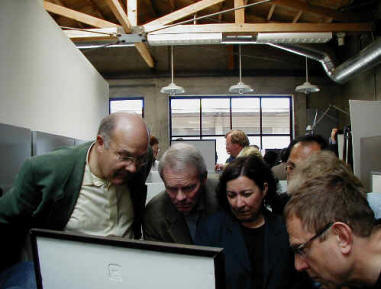
What questions should the leaders of global companies be asking now? And whom should they be asking it of?
| What are the different kinds of networks and what are their real potentials? |
| Why are we doing what we are doing in the way that we are doing it? |
| What have companies learned thus far about using Internet and information technologies to solve problems and re-invent what they do? |
| Where are others investing in the future? And how are they doing it? |
| How will the Internet change the way we learn, how we organize information and how we seek answers and form new questions? |
| Where are the new ideas coming from? |
| What will replace the organizational structures that we know today? |
| What are the enablers of continued invention and innovation and what are the constraints? |
| Who will set the rules in the Internet era and who will enforce them in the global society? |
| How are different parts of the world adopting the Internet and communications technologies? What are the implications for this on the global corporation? |
| Who will be the new stakeholders of the corporation in the Internet era and how will they expect to be managed, communicated with and served? |
| What patterns in society, family, commerce, companies, government, science and organizations will disappear, as we have known them? What new patterns are emerging and will develop the future? |
| What lessons can be learned from history and other times of change, discovery, invention and wealth creation? |
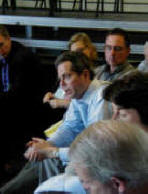
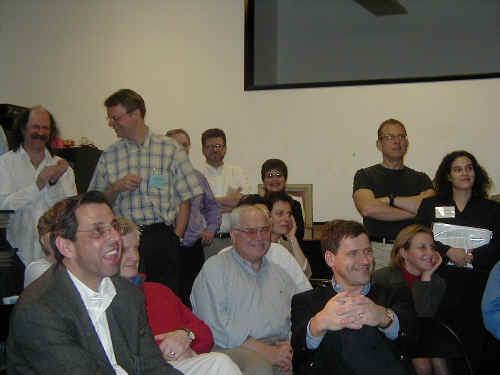
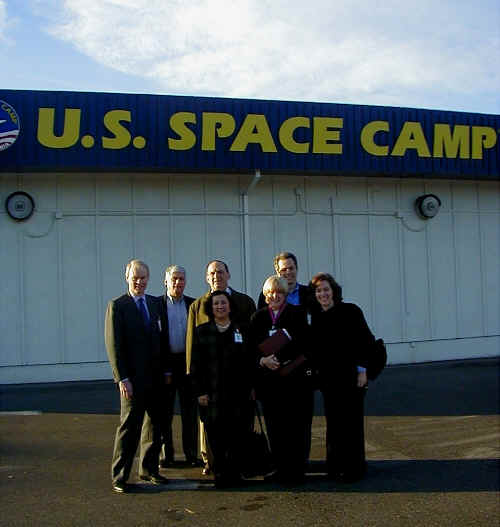
During the four days of the Forum, participants will be asked to consider such questions as:
Where have we come from?
| The speed of development of new information technologies has increased over shorter periods of time and along with it the general speed of life and work. Why? And in what way will it continue? | |
| What is the motivation behind the drive to develop new technologies at an ever-increasing rate? | |
| How much of what has happened has been driven by technology invention or is there a more fundamental shift in human aspirations and development taking place? |
Where are we today?
| How have the developments of the past few decades strengthened our ability to build our future? | |
| How are we solving problems differently and how are we seeking opportunities now for the future? | |
| How will they enable us to continue the driving force of IT change? |
| What emerging patterns can we identify? |
What is the Future?
| What are the most important and most likely directions? | |
| What new states are we likely to reach? |
| How might it change our business, personal and societal priorities? |
In Summary
| Do we understand the forces that are driving change? (for example: the human desire to explore and discover, the dream to create a better life, the emerging roles of developing countries, how we learn and how our children learn, how we organize ourselves to accomplish goals and how we organize the information we have access to | |
| What are the forces that are likely to constrain progress? (For example: Infrastructure in some parts of the world versus others, regulation, intellectual property protection, taxation, security, the health of the economy) |
What questions should leaders in business be asking about how the Internet and its related technologies will affect them and their companies in the future?
Introduction to the International Forum in San Francisco
The International Forum in San Francisco and the Silicon Valley is about the strategic implications of the Internet for business and for the societies in which they operate. Participants will examine the concept of their own business and its value proposition in the context of the changes taking place. They will explore ways of redefining their business in which the Internet is "always on" while simultaneously considering the changing role and demands of their stakeholders, the role of governments and non government organizations as they together define new patterns and roles for players in the Internet Era.
The Forum begins with a historical perspective on technological changes that facilitated the creation of great wealth and new means of creating commerce. Where have we been and where we are going? What are the enablers and constraints on future transition and transformations? Participants meet with leaders of companies who have reinvented businesses because of the Internet and information and learn from their experiences.
Understanding the "ecosystem" in which the Internet itself exists is part of the process of rethinking what the business will be in the future. Seeing how the Internet may affect the company from the outside means understanding how its customers, suppliers, distributors, employees, competitors, partners and communities will themselves be affected by the Internet. What important changes in patterns of behavior are likely to affect the products and services of the business and how it is to be organized in the future?
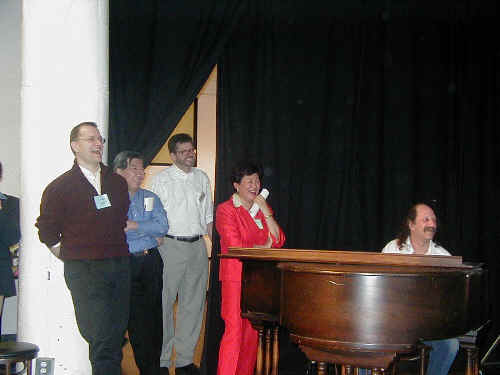 The
Forum travels from San Francisco, with its own history of gold rushes,
wealth creation, social activism, creativity and innovation to Silicon
Valley where participants visit a wide selection of enterprises that have
produced a steady stream of innovations and new ideas. As they encounter
different situations and experiences, participants will draw their
conclusions on the reasons why the Silicon Valley environment continues to
produce new technologies—ownership, venture capital, financial fortune,
self-fulfillment, invention, creativity, making a difference—all part of
a complex system that produces results.
The
Forum travels from San Francisco, with its own history of gold rushes,
wealth creation, social activism, creativity and innovation to Silicon
Valley where participants visit a wide selection of enterprises that have
produced a steady stream of innovations and new ideas. As they encounter
different situations and experiences, participants will draw their
conclusions on the reasons why the Silicon Valley environment continues to
produce new technologies—ownership, venture capital, financial fortune,
self-fulfillment, invention, creativity, making a difference—all part of
a complex system that produces results.
By special arrangement, the Forum will spend time at the NASA Ames Research Center to understand the special relationship that this large and somewhat bureaucratic resource of NASA has with the commercial technologies of Silicon Valley. The creative management style and remarkable achievements of the Ames Research Center provide powerful lessons in leadership and organization.
The Valley is not without its own kind of problems—similar in many respects to those at the time of the California Gold Rush more than a century ago. The quality of life, the value systems, the pace of change and the pressures of watching things go up and down produce a contrast to the remarkable productivity that the people in these creative organizations can achieve.
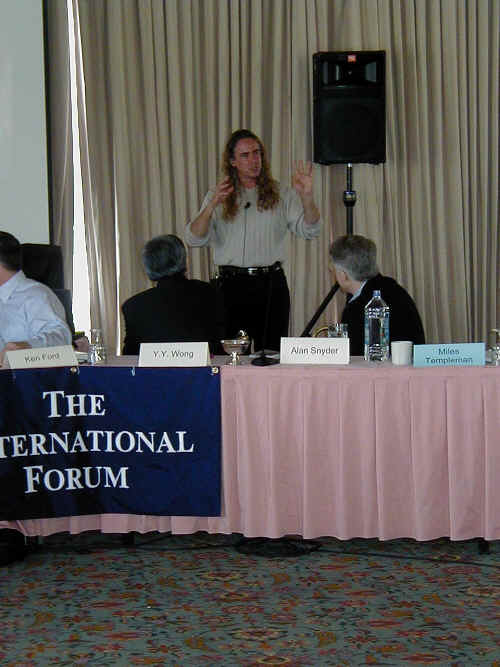
The Forum takes a global perspective on how the Internet is driving change. The experiences of Asia and Europe are brought to the Forum by those who are actively involved in China and Southeast Asia, Japan and Europe. As a global phenomenon, the Internet affects everyone, but there are important differences in the way companies and industries are using these new technologies and the degree to which customers, producers and societies are adopting it.